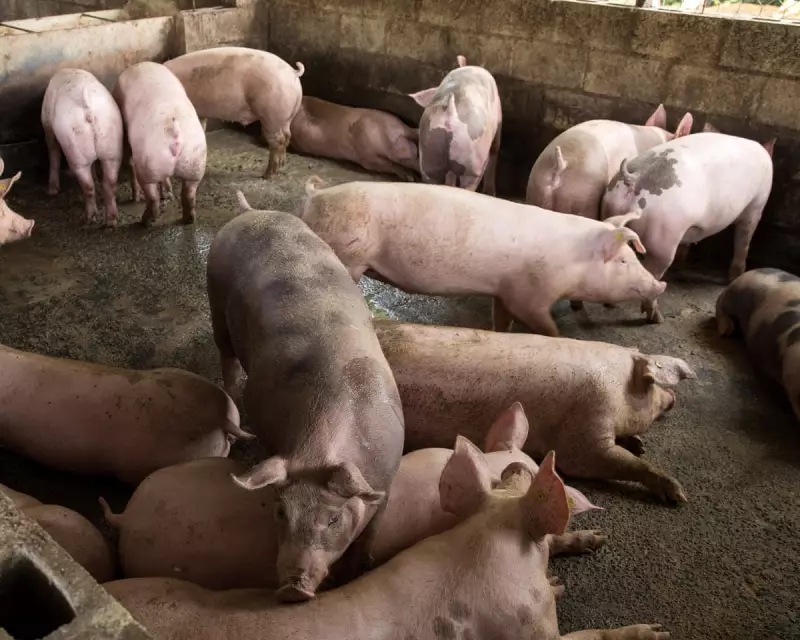
In a landmark achievement for British science, researchers have successfully created the world's first pigs genetically resistant to Classical Swine Fever, a devastating viral disease that has plagued the global pork industry for decades.
The Breakthrough That Could Transform Farming
Using advanced CRISPR gene-editing technology, scientists have engineered pigs that are completely immune to the highly contagious virus. This revolutionary development could prevent the need for mass culling during outbreaks and save the agricultural industry billions annually.
The research team targeted a specific gene called USP18, which plays a crucial role in how the virus hijacks pig cells. By introducing a small mutation found naturally in African warthogs, researchers created animals with built-in biological armour against the disease.
Why This Matters for Global Food Security
Classical Swine Fever represents one of the most significant threats to pig populations worldwide. Outbreaks typically lead to:
- Mass culling of infected and exposed animals
- Devastating economic losses for farmers
- International trade restrictions affecting entire regions
- Welfare concerns for millions of animals
"This isn't just about creating disease-resistant animals," explained the lead researcher. "It's about developing a more ethical and sustainable approach to livestock farming that could fundamentally change how we protect animal welfare and food supplies."
The Science Behind the Resistance
The breakthrough centres on mimicking a natural evolutionary advantage. African warthogs carry a specific version of the USP18 gene that makes them resistant to Classical Swine Fever and the related African Swine Fever.
British scientists have successfully replicated this natural resistance in domestic pigs through precise genetic editing. Laboratory tests confirmed that the gene-edited pigs showed complete immunity when exposed to the virus, while non-edited animals in control groups became infected.
What Comes Next for Gene-Edited Livestock
While the scientific achievement is monumental, significant regulatory hurdles remain before these pigs could enter the food chain. The research team emphasises that this breakthrough opens the door to addressing other major livestock diseases through genetic technology.
The potential applications extend far beyond swine fever, with researchers already exploring similar approaches for other devastating animal diseases that affect global food security and farming livelihoods.
This development positions the UK at the forefront of agricultural biotechnology, potentially revolutionising how we approach disease management in livestock while reducing reliance on vaccinations and mass culling.





